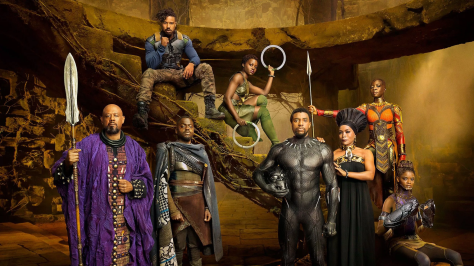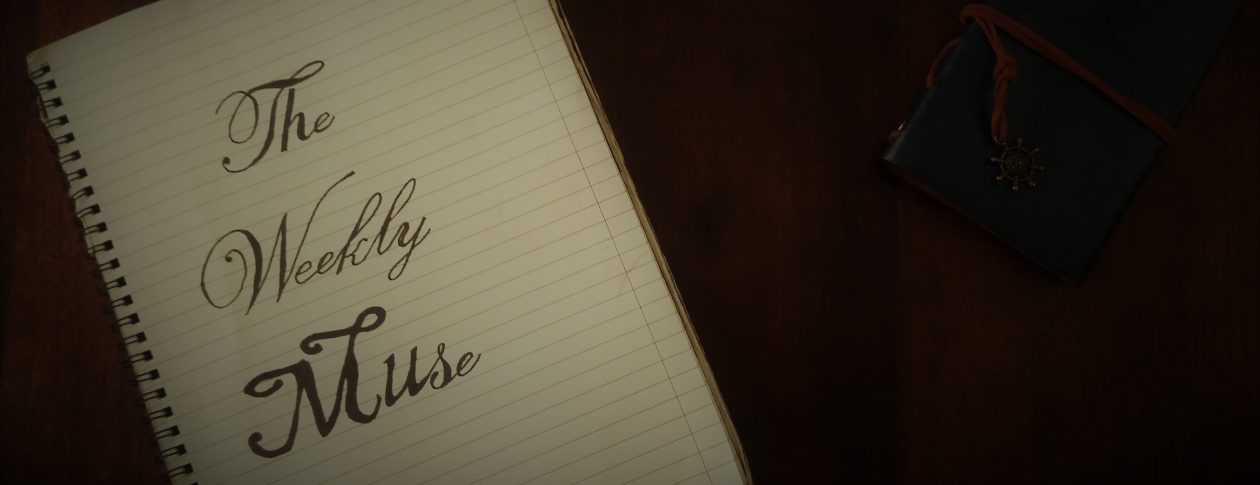With the record-breaking success of Marvel’s Black Panther, directed by Ryan Coogler, taking the world and social media by storm, Hollywood seems primed for change, one in which minority and gender representation will finally occur, as Black Panther undeniably proves – once again – that diversity sells. This film is being wildly praised for its diverse cast, strong and intelligent female characters and for engaging with ‘taboo’ topics in Hollywood movies such as colonisation, slavery and the politics of black hair.
According to the 2017 Hollywood Diversity Report, minority leads continue to be outnumbered 3 to 1 in the top Hollywood movies, with a representation of 13,6% in 2015. However, diverse films continuously excel at the box office, with the highest receipts and return on investments going to the films with at least 21-30% minority casts across all genres. The inevitable conclusion to these and the past three reports’ statistics is: diversity sells.
And if the success of Black Panther is any indication, diversity will continue to sell. In its first weekend, Black Panther made a record-breaking $242 million in the American box office, far outstripping Deadpool’s (2016) record of $152 Million. It has already surpassed the final grosses of other Marvel movies such as Doctor Strange, Captain America and the first two Thor movies, despite not having the advantage of being a sequel or a team-up movie, which are traditionally more financially successful.
Three Ways Black Panther successfully touched upon overlooked and ‘taboo’ topics that Hollywood usually avoids

The female leads in this film are all shown to be strong, independent and intelligent women of colour, such as Nakia (Lupita Nyong’o), who is defined by her strength as a warrior and Wakandan War Dog – instead of merely T’Challa’s (Chadwick Boseman) love interest – and is first seen liberating women in Nigeria. Throughout the film she is portrayed as having her own life, career and aspirations to help others which she is willing to fight for. Another strong female character is that of Okoye (Danai Gurira), the leader of the Dora Milaje – an all-female force of warriors and protectors – who is heralded in the film as the greatest warrior that Wakanda has ever known. Princess Shuri is an intelligent and innovative female character; despite her young age, she is pioneering the advancement of Wakanda’s technology and science division and uses her skills to assist and protect her brother on missions.
The film also acknowledges the history of slavery, displacement of a people and the colonisation of Africa. This debate is largely embodied by Erik Killmonger (Michael B. Jordan), whose late father was unable to fulfill his promise of their return home to Wakanda. When Erik – born N’Jadaka, son of N’Jobu – eventually does return, he does so with a radical vision of arming the oppressed people of African descent around the globe with Wakandan weapons so that they can rise up against the societies and governments that have subjugated and disenfranchised them. Upon his death, he asks to be buried at sea with the Africans who jumped overboard from slave ships because they knew that “death is better than bondage”. Acknowledging the dark history of slavery in America like this is something that is generally avoided in films for fear that engaging with these topics will decrease their popularity, but as Black Panther is showing, these fears are unfounded and dealing with ‘taboo’ topics will be supported by a willing and informed audience.
Another highly politicised issue that the film engaged with was the debate on natural hair. In an interview with Trevor Noah, Lupita Nyong’o revealed that everyone in Wakanda had natural hair that was only augmented in pre-colonial African ways, allowing the the film to deal with the idea that African people don’t need to subscribe to what is considered a typically ‘Western’ standard of beauty.
The undeniable commercial success of Black Panther might mean a positive change for minorities and women in Hollywood. After positive reactions to movies such as Get Out and Hidden Figures, there is a clear trend that shows that minority-lead casts, diverse casts, strong and intelligent female leads, and films that deal with political issues are becoming increasingly financially successful and record-breaking (there is even confirmation that Trevor Noah’s auto-biography Born a Crime will be made, starring Lupita Nyong’o as his mother). Hopefully, the success of Black Panther will carry this message home to Hollywood, and the world will see more representative films in the future.


